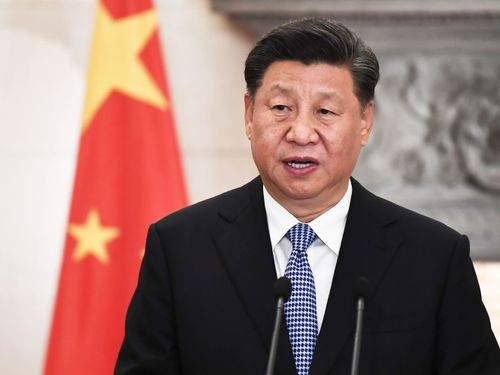In a bid to revitalize its economy amid dampening foreign investor confidence, China announced that it will permit fully foreign-owned hospitals in select regions across the country. The Chinese Ministry of Commerce (MOFCOM) disclosed this initiative in a statement on its official website, describing the move as a means of honoring the government's promises during a July plenary session.
The July plenary session saw the Xi Jinping-led Central Committee of the Communist Party pledge an expanded pilot program to boost market liberalization in the healthcare sector. Target regions in the new provision included Tianjin, Shanghai, Nanjing, Suzhou, Fuzhou, Guangzhou, Shenzhen, and the capital city, Beijing. The CCP also announced plans to develop Hainan, a southern island province, into a "high-level" free trade zone by 2035, among other recent moves by the CCP to reinvigorate China's economy.
The Circular in Details
The circular describes two major initiatives for the country’s health sector: the establishment of fully foreign-owned hospitals in the select regions, and the engagement of foreign-invested enterprises (FIEs) in biotechnology within designated free trade zones (FTZ).
Foreign-invested medical firms may also develop and apply gene and stem cell technologies for treating and diagnosing illnesses within the pilot free-trade zones of Beijing, Shanghai, Guangdong, and Hainan. This section also includes the registration, marketing, and production of biotech-related products for nationwide distribution.
Additionally, nine regions within China will become open to fully foreign-owned hospitals – excluding hospitals involved in the merger and purchase of public hospitals or those specializing in traditional Chinese medicine. The new permit marks a significant relaxation of the CCP's strict Chinese foreign investment policies for the healthcare sector.
Earlier, foreign investors could only form joint ventures when acquiring or establishing medical institutions. A similar groundbreaking event occurred in 2013 when China permitted fully-foreign-owned medical institutions in the Shanghai FTZ. With the new policy, new regions can host completely-owned foreign medical institutions as investors see improved reach into the country's healthcare sector.
Per the new policy's objective, China aims "to attract foreign investment to advance the high-quality development of China's healthcare sector." It also aims to further open up the country's medical sector towards providing better medical and health solutions for its populace using the pilot program.
The MOFCOM will roll out subsequent announcements providing detailed conditions, requirements, and procedures for setting up these foreign-owned hospitals.
Final Remarks
China announced that it will permit fully foreign-owned hospitals in nine regions across the country, in a groundbreaking move for its healthcare sector. China says the move is part of a pilot program to fulfill a promise made during a July plenary session. Experts describe the move as part of the country's plan to revitalize an economy while dampening foreign investor confidence.




